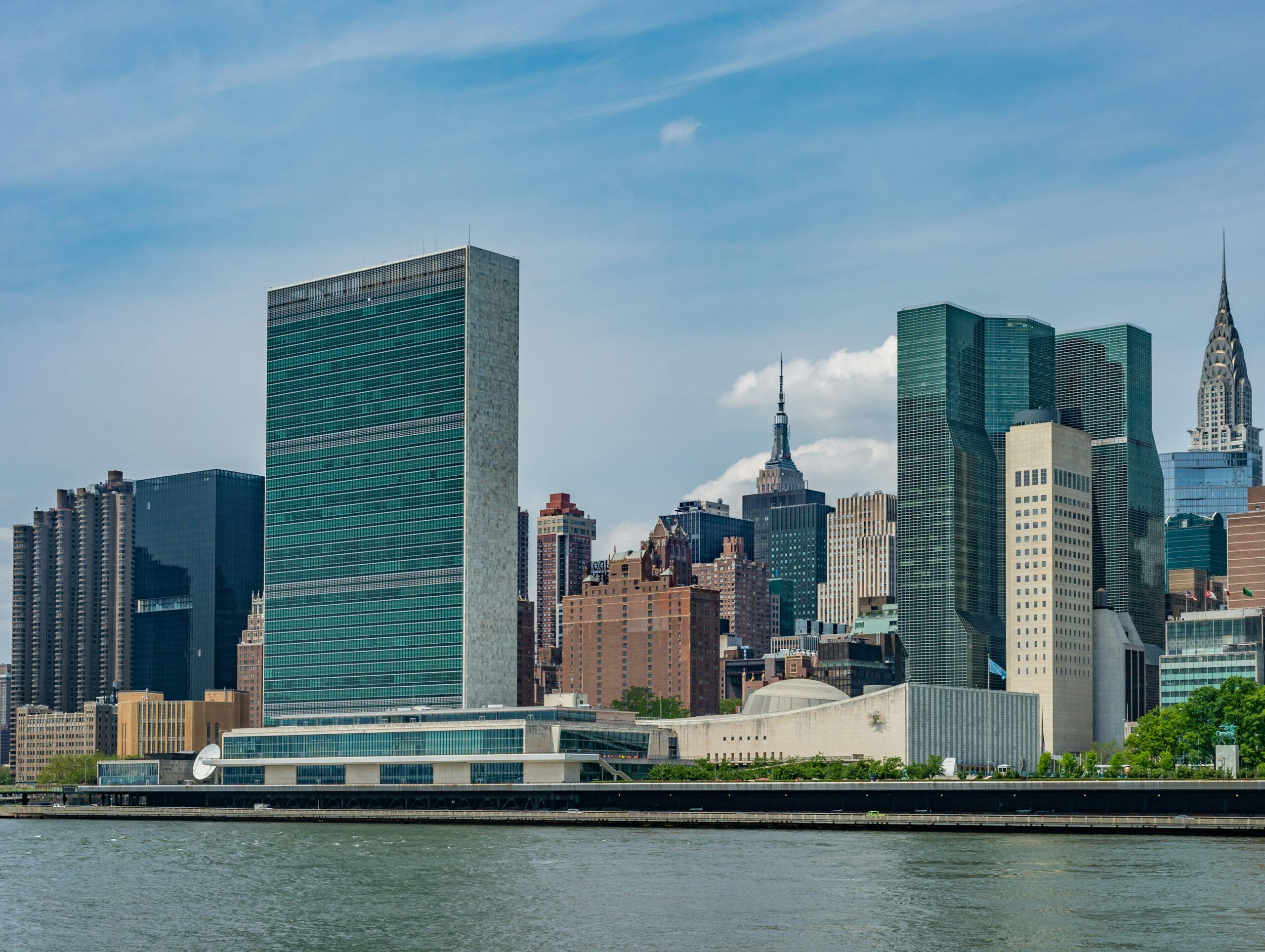The United Nations (UN) is suffering from an acute liquidity crisis because its member states have not been paying the assessed contributions required to finance the budgets they have approved.
A major part of the problem is the fact that the United States does not pay in full or on time. However, late payments in recent years by China and the closure of several large peacekeeping operations are exacerbating the liquidity challenges. The Secretary-General has proposed several measures to improve the financial position of the organization, but these are stopgap measures at best. The ongoing financial difficulties can only be resolved by member states paying in full and on time but getting there requires understanding the policy decisions and member state dynamics that led us to the current situation and developing recommendations designed around the constraints of the intergovernmental process.
